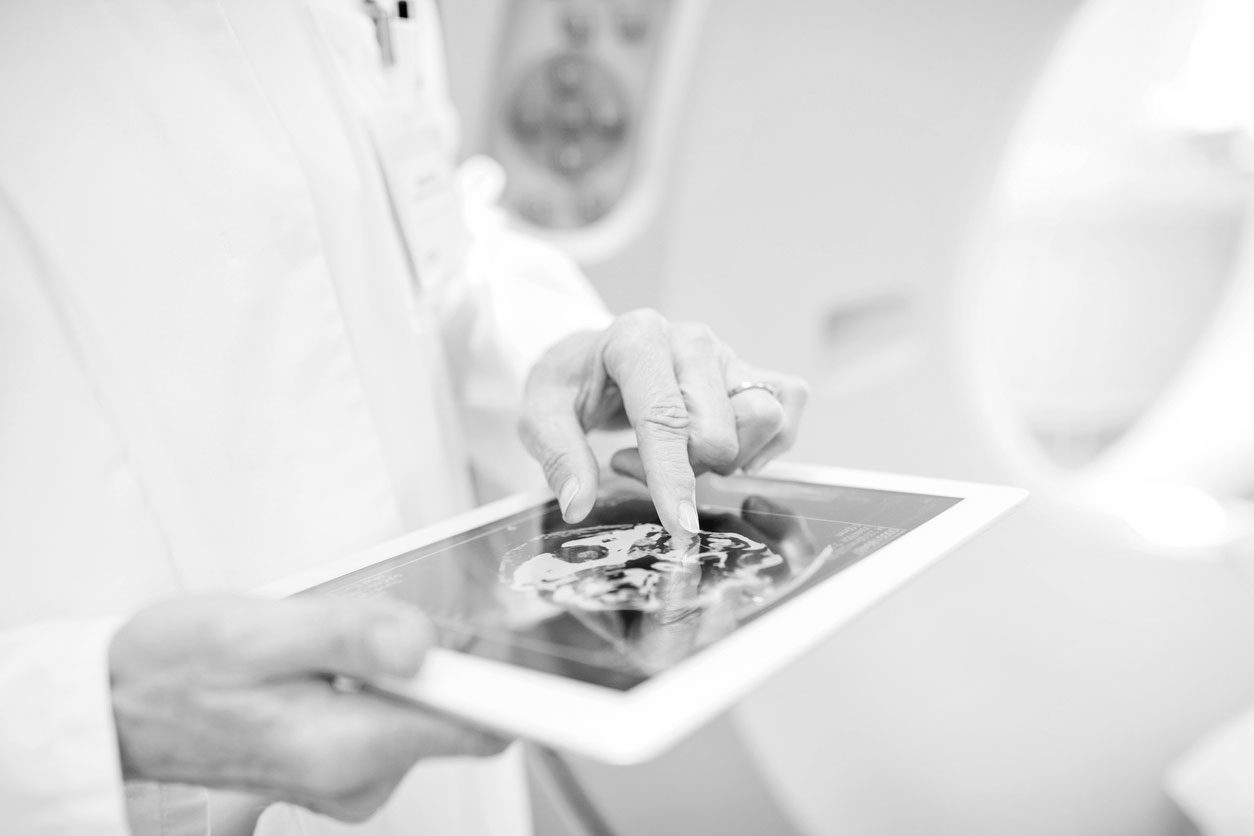Dr. Nick van Terheyden is a leader in Digital Healthcare and Innovation and former Chief Medical Officer for Dell. Dr. Terheyden is a pioneering creator in the evolution of healthcare technology.
The big trend for 2018 will be the imperative of security – the healthcare industry has remained a laggard in securing and protecting information. All the while as hackers and other bad actors target the data for its rich value. New models of security and protection will emerge designed to help mitigate the exploding edge of healthcare devices and data stored. Tied to this will be the explosion of decentralized and distributed secured ledger systems based on blockchain technology that will offer secure granular control over data and payment mechanisms.
This requirement will be increasingly important as we add huge amounts of data to the clinical record from both industrial medical grade devices that increasingly passively capture data such as the innovative cuff less continuous blood pressure monitor from Sensogram the SensoScan as well as the continued increase in personal data acquisition by consumer wearable devices.
We will see the continued expansion of genomics data acquisition and understanding that will expand beyond the “simple” genome and open doors it understanding the microbiome and its impact on our health in new and unimagined ways.
Making sense of all this data will be achieved with machine learning algorithms that use artificial or more appropriately augmented intelligence, to process these large troves of data seeking insights and understanding of the workings of the human body and disease agents and factors. The early stages of predictive analytics are already showing incredible promise that will shift the focus of healthcare from a reactive system treating disease as it occurs to one of predictive precision based medicine that identifies risk of disease and offers mitigation and prevention before conditions every present clinically. New advances in machine systems will offer an incremental approach to learning that does not reset the system every time a new data element is included but rather builds on the existing knowledge and understanding and incrementally improves on best practice today.
Finally, the addition of virtual care in all its forms will not only add to the data streams we process and learn from but will also offer the silver surfers (aka Baby Boomers) the potential to age comfortably, safely and healthily in a home based environment. Access to clinical resources via telemedicine solutions will offer new found efficiencies in the system for both patients, the clinical care team and the extended medical family care team.
